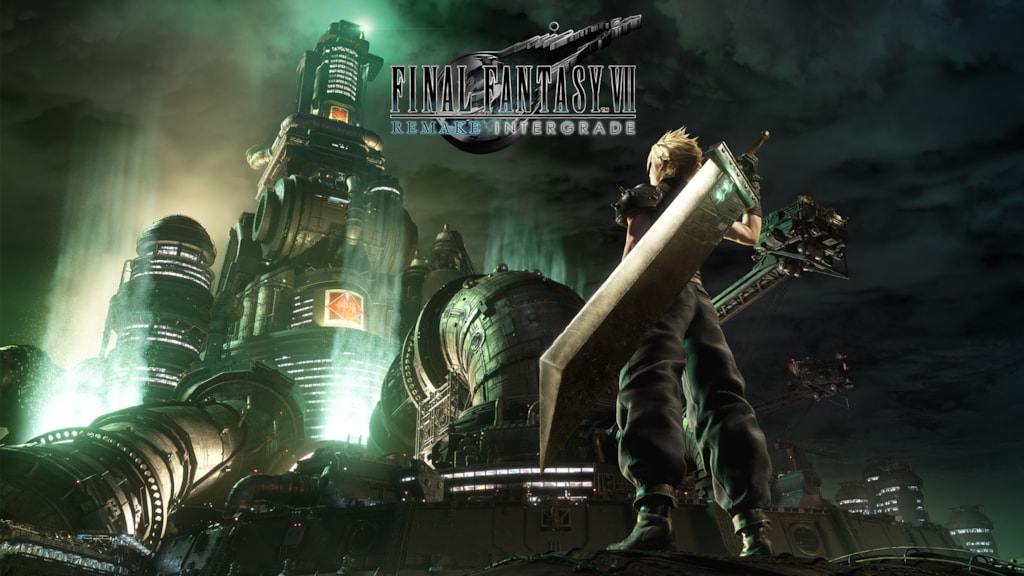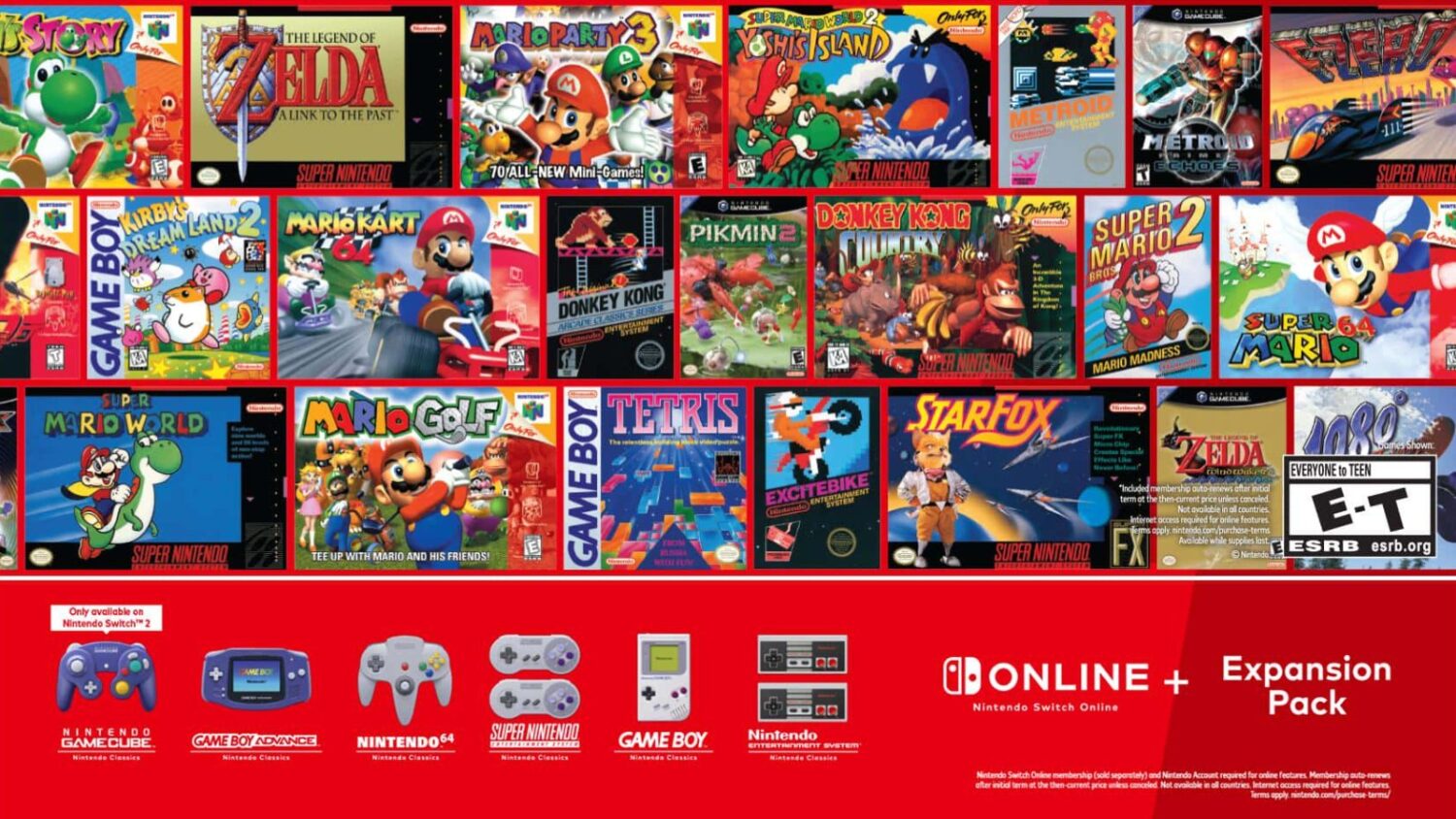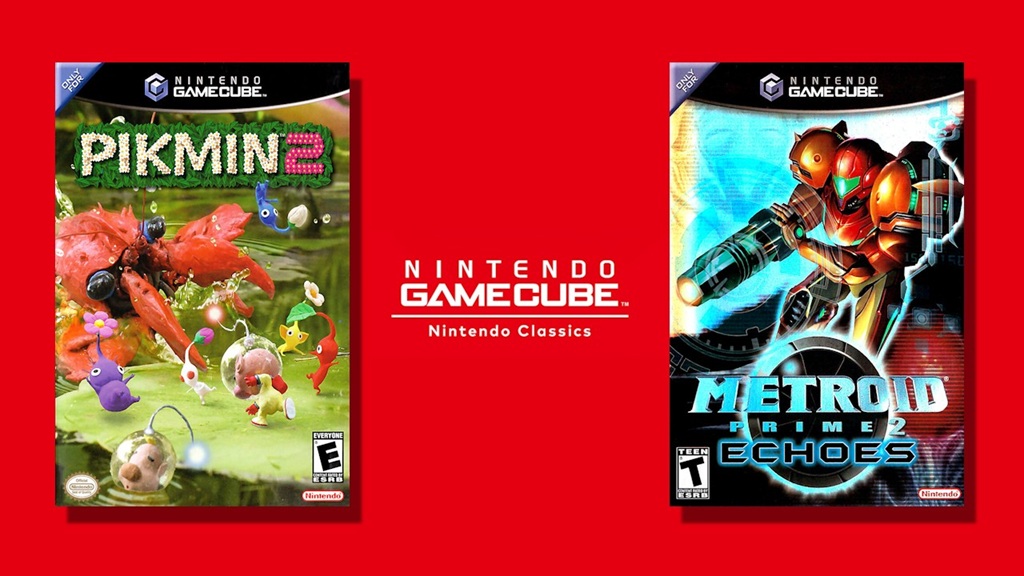Metroid Prime 4 Development: New Insights from Retro Studios and Early Nintendo Switch 2 Strategy
Metroid Prime 4 remains one of the most highly anticipated upcoming titles for Nintendo Switch, with fans eagerly following each update from developer Retro Studios.
Recent information has shed light on the reasons behind the game’s early announcement, ongoing development challenges, and its intended place in Nintendo’s evolving hardware strategy. Background on Metroid Prime 4 and Retro Studios Originally announced during an E3 Nintendo Direct in 2017, Metroid Prime 4 represents the next chapter in the critically acclaimed first-person adventure series.
Retro Studios, known for their work on the original Metroid Prime trilogy and the Donkey Kong Country: Tropical Freeze series, took full charge of development after Nintendo decided to restart the project in 2019.
This move aimed to recapture the high standards set by earlier entries while ensuring consistency with the franchise’s legacy. Early Announcement and Franchise Context According to insights shared by gaming interviewer KiwiTalkz, who maintains connections within Retro Studios, Metroid Prime 4 was announced earlier than typical for Nintendo titles.
This decision stemmed partly from negative fan reception toward Metroid: Federation Force, a spin-off released for the Nintendo 3DS in 2016 that was poorly received by the core fanbase.
Nintendo sought to restore confidence in the franchise by confirming that a mainline Metroid Prime entry was in the works, even though development was still in its early stages at the time. Nintendo has not publicly shifted its usual communications approach, with company representatives previously noting that they generally avoid reacting directly to fan feedback.
However, this instance marked a rare exception, underscoring the importance of Metroid’s future in Nintendo’s portfolio. Cross-Generation Launch Plans and Release Timing Further details indicate that Metroid Prime 4 was initially envisioned as a cross-generation ‘launch window’ title for the highly anticipated Nintendo Switch successor—often referred to as Switch 2.
This strategy mirrors the approach Nintendo used with The Legend of Zelda: Breath of the Wild, which launched simultaneously on both Wii U and Switch, ensuring maximum audience reach. Development Shifts and Project Updates Sources also touch on a potential internal shift, suggesting that another anticipated project, Donkey Kong Bananza, may have advanced in the schedule to compensate for delays affecting Metroid Prime 4.
These delays did not stem from major internal issues such as staff layoffs or management problems, but they did impact marketing efforts and overall timeline clarity. While there have been reports of rating board registrations in regions like Germany, these filings are routine for games approaching release but do not guarantee completion.
As of now, there is no official confirmation from Nintendo regarding the final release date, with some estimates pointing toward a possible launch in late 2025. Conclusion Despite the protracted development timeline, Retro Studios and Nintendo continue to work toward delivering a title that honors Metroid’s legacy on both current Nintendo Switch hardware and its expected successor.
Fans eagerly await further updates, looking forward to experiencing this iconic franchise’s next evolution.
Recent information has shed light on the reasons behind the game’s early announcement, ongoing development challenges, and its intended place in Nintendo’s evolving hardware strategy. Background on Metroid Prime 4 and Retro Studios Originally announced during an E3 Nintendo Direct in 2017, Metroid Prime 4 represents the next chapter in the critically acclaimed first-person adventure series.
Retro Studios, known for their work on the original Metroid Prime trilogy and the Donkey Kong Country: Tropical Freeze series, took full charge of development after Nintendo decided to restart the project in 2019.
This move aimed to recapture the high standards set by earlier entries while ensuring consistency with the franchise’s legacy. Early Announcement and Franchise Context According to insights shared by gaming interviewer KiwiTalkz, who maintains connections within Retro Studios, Metroid Prime 4 was announced earlier than typical for Nintendo titles.
This decision stemmed partly from negative fan reception toward Metroid: Federation Force, a spin-off released for the Nintendo 3DS in 2016 that was poorly received by the core fanbase.
Nintendo sought to restore confidence in the franchise by confirming that a mainline Metroid Prime entry was in the works, even though development was still in its early stages at the time. Nintendo has not publicly shifted its usual communications approach, with company representatives previously noting that they generally avoid reacting directly to fan feedback.
However, this instance marked a rare exception, underscoring the importance of Metroid’s future in Nintendo’s portfolio. Cross-Generation Launch Plans and Release Timing Further details indicate that Metroid Prime 4 was initially envisioned as a cross-generation ‘launch window’ title for the highly anticipated Nintendo Switch successor—often referred to as Switch 2.
This strategy mirrors the approach Nintendo used with The Legend of Zelda: Breath of the Wild, which launched simultaneously on both Wii U and Switch, ensuring maximum audience reach. Development Shifts and Project Updates Sources also touch on a potential internal shift, suggesting that another anticipated project, Donkey Kong Bananza, may have advanced in the schedule to compensate for delays affecting Metroid Prime 4.
These delays did not stem from major internal issues such as staff layoffs or management problems, but they did impact marketing efforts and overall timeline clarity. While there have been reports of rating board registrations in regions like Germany, these filings are routine for games approaching release but do not guarantee completion.
As of now, there is no official confirmation from Nintendo regarding the final release date, with some estimates pointing toward a possible launch in late 2025. Conclusion Despite the protracted development timeline, Retro Studios and Nintendo continue to work toward delivering a title that honors Metroid’s legacy on both current Nintendo Switch hardware and its expected successor.
Fans eagerly await further updates, looking forward to experiencing this iconic franchise’s next evolution.






